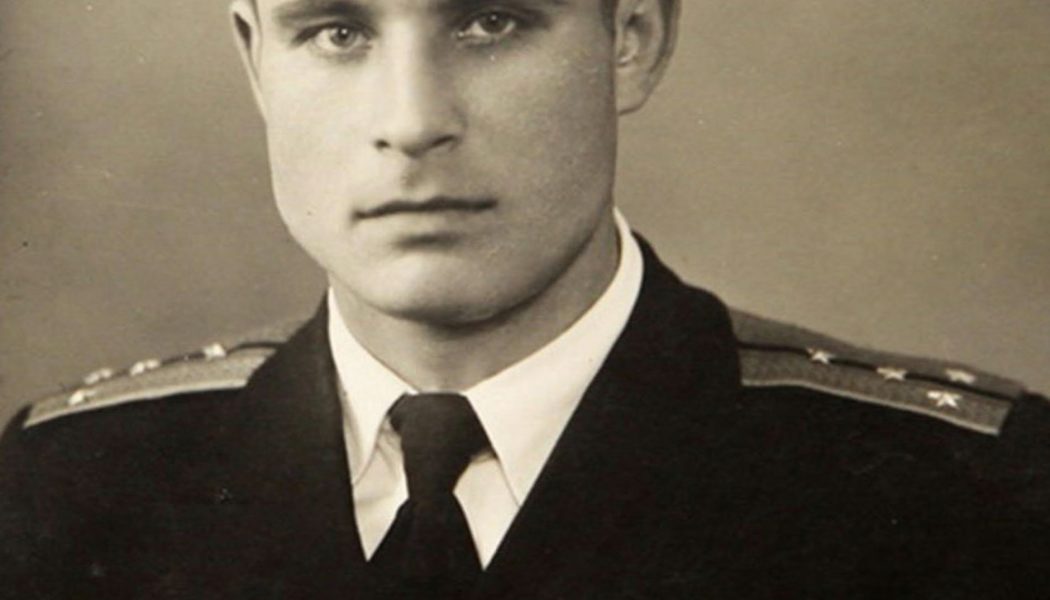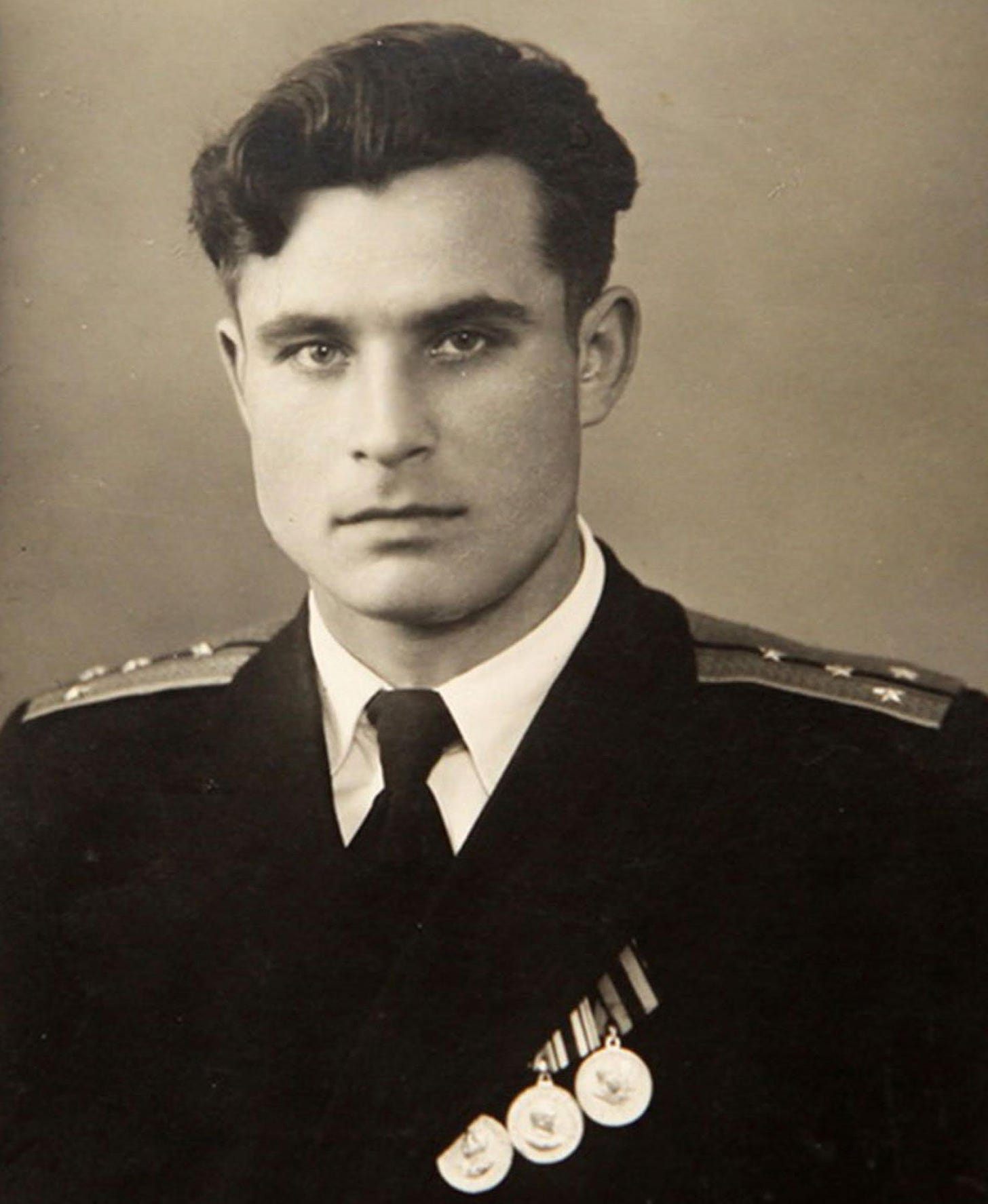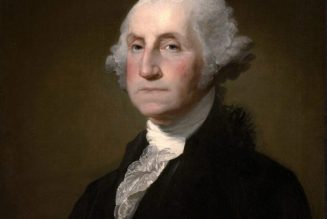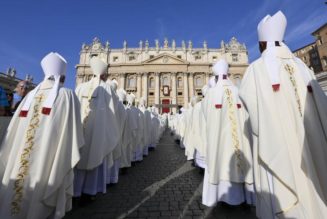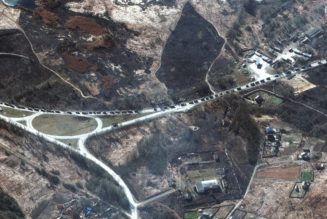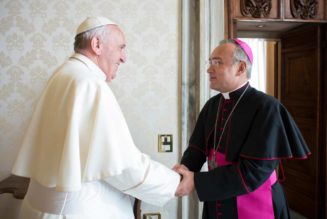A fool saved your life 60 years ago.
It’s easy to believe the worst about your enemies. After all, they are your enemy for a reason, aren’t they? Your enemy always tries to hurt you. They always mean you harm.
Always.
The world scoffs at the man who ever thinks the best of his enemy. It is a fool who views the ostensibly hostile acts of their enemy and responds, against all worldly wisdom, “But perhaps…”
60 years ago, one fool named Vasily Arkhipov replied, “But perhaps…” and saved your life.
In October of 1962, the Cuban Missile Crisis had reached a boiling point. The United States had deployed a fleet of ships around Cuba to block the Soviet Union from delivering any more missiles into Cuba. 12 ships from the United States floated just off the shores of Cuba. Below these waters were 4 USSR submarines.
The whole purpose of a submarine is to avoid detection. In order to do that, the 4 USSR subs were running deep enough that they couldn’t communicate via radio—and they hadn’t heard from central command in several days.
All the sub commanders knew was that war might already have broken out, and that they had been spotted by the United States Navy, who were now dropping depth charges.
The US Navy dropped 5 depth charges to signal to the Soviet subs, “We see you; surface and identify yourself.” These depth charges were meant to be loud, but harmless. 5 were dropped because that is the way that ships are meant to communicate with subs. Only, the American’s didn’t realize two things. First, the Soviets didn’t use 5 charges as a signal. They used 3. And second, one submarine, B-59, had a “Special Weapon” on board: a nuclear torpedo.
On board the B-59, the air conditioning had broken and the temperature had climbed well over 100 degrees. Men were fainting from heat exhaustion. With this environment, with no word from Moscow, and no way of getting word, and the possibility that war had already broken out, the Captain of the B-59 gave the order: load the “Special Weapon.”
On board the B-59, Vasily Arkhipov heard the order, and remembered.
Only one year prior, on board the nuclear submarine K-19, Vasily Arkhipov was the ship’s executive officer when that sub’s reactor cooling system failed. With nuclear meltdown imminent, the captain ordered an engineering crew to try and fabricate a secondary makeshift cooling system. Incredibly, the 8 member team succeeded—but at a great cost: all 8 members died within a month of radiation exposure, and the entire crew was irradiated, Arkhipov included.
Back on the B-59, Arkhipov remembered the faces of those men. He had seen, firsthand, the devastating horror that is unleashed by radiation.
The “Special Weapon” was armed.
There, beneath the dark waters off the shores of Cuba, the captain of the sub exclaimed, “We’re gonna blast them now! We will die, but we will sink them all – we will not become the shame of the fleet.”
The captain however was not able to fire the torpedo without the consent of the senior officer. The senior officer agreed. But as it turns out, while Vasily Arkhipov was not the commander of the sub, he was in fact the commander of the entire fleet. On this sub, for the missile to be launched, three ayes were required. Two were given.
With all eyes upon him, and the fate of at least two countries, if not the the world upon him, with sweat pouring down his face in the unbearable heat, under the gaze of the two most senior officers, and with the apparent bombs from his enemies still ringing in his ears, the fool spoke, “But perhaps…”
Vasily Arkhipov chose to believe that the Americans were merely signaling—that they intended no harm. He chose to believe that, sometimes, even your enemies do not intend you evil. He chose to believe the best about some of his fellow man: he voted no.
The combined 800 megatons of nuclear weapons remained siloed. In 1945, the first atomic bomb, “Little Boy,” killed some 60,000+. Its yield was 15 kilotons of TNT. We had grown more sophisticated since then. In 1962, nuclear weapons were capable of yielding more than 3 megatons of TNT—over 200 times more powerful than Little Boy. The United States alone possessed over 200 such warheads. I’m able to tell you about this today because that day, they remained siloed.
For almost 40 years, the world never knew how close it came to nuclear destruction. When the story was finally told, the director of the National Security Archive noted, “The lesson from this is that a guy called Vasili Arkhipov saved the world.”
Though that may be what happened, I would beg to differ what the lesson is. I think the lesson, dear friends, is simply this: be willing to be thought a fool for believing the best of others.
“And if you do good to those who do good to you, what credit is that to you?…But rather, love your enemies and do good to them, and lend expecting nothing back.”
Love your enemies…and save the world.
This post was written especially for my father, my history teacher, who passed away earlier this month. He absolutely loved American history. I hope you like this one, dad.
Join Our Telegram Group : Salvation & Prosperity
